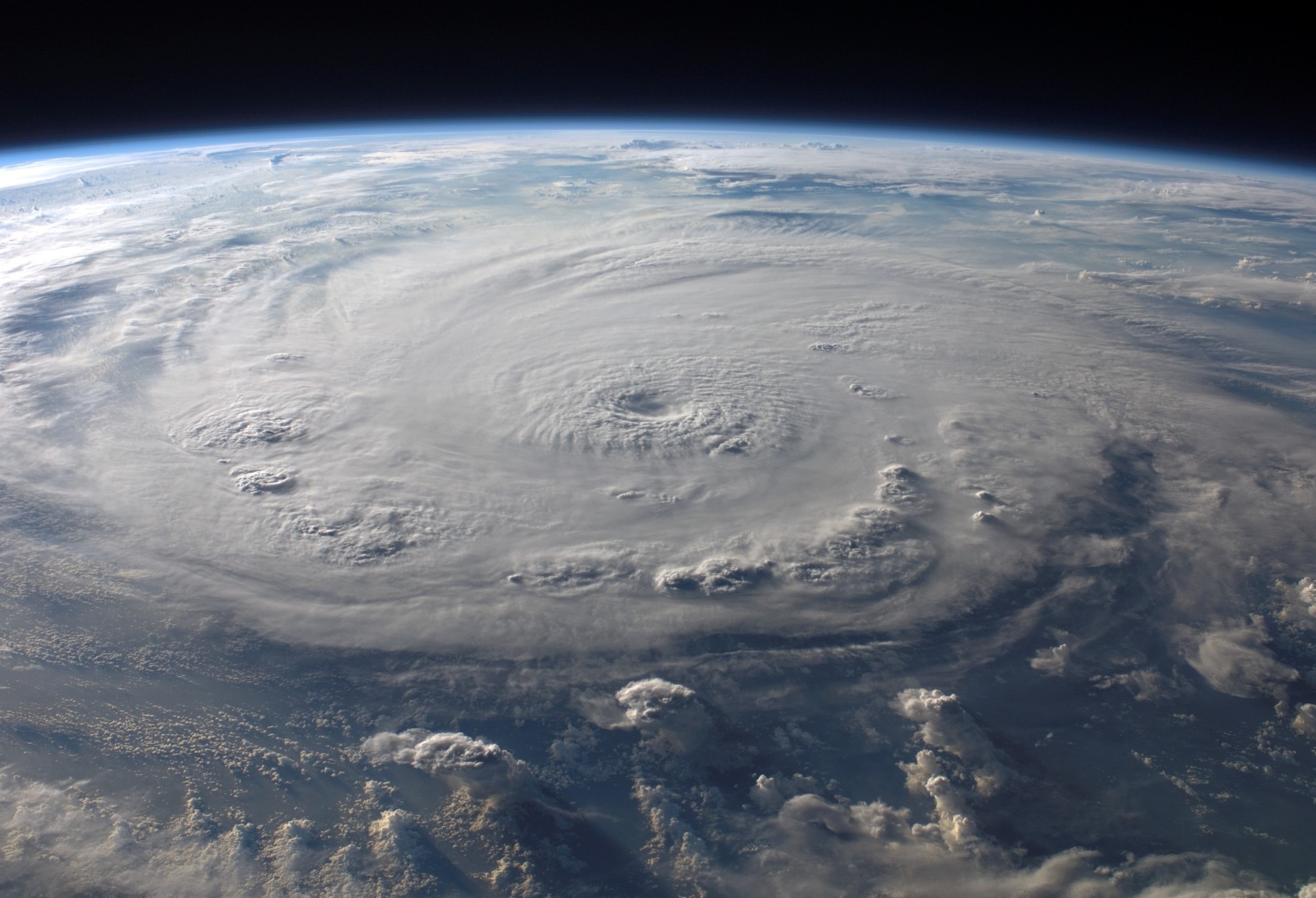Did you know natural disasters affect up to 160 million people worldwide?
Are you looking for tips on cleaning up after a storm? Not to worry! In this guide, we’ll go over where to start cleanup after a disaster.
Want to learn more? Keep reading to find out.
Table of Contents
Pick up Safety Gear
You’ll want to have waterproof boots and a hard hat. Look into the original muck boot. Pick up a pair of protective headphones if you’re working with loud equipment.
To protect your eyes, pick up a pair of goggles. If you can, pick up two fire extinguishers.
When you need to move heavy objects, make sure you have a helper. You don’t want to lift anything over 50 pounds. If you lift something on your own, you could get injured.
Don’t Rush Cleaning up Your Home
Cleaning up after a massive storm can become overwhelming. Make sure you rest when you’re feeling tired. Consider making a list of cleanup tasks that are the most important.
Try and focus on those tasks first and knock them off your list. This way, you’ll feel like you are getting somewhere and feel less stressed.
If you can, call a friend or family member to help you with this job. You don’t want to complete this job alone.
Do You Need to Use a Chainsaw?
When using a chainsaw, make sure you follow the instructions from the manufacturer. Wear your protective gear and ask bystanders to stay back. Exercise caution when cutting branches or trees caught under something.
Cleaning up Mold
After the storm ends, clean and air out your home as soon as possible. Try and get this job done within two days.
Open up windows and doors to help dry out your home. If you have fans, turn them on and position them to blow air outside.
Throw away carpeting, mattresses, rugs, or stuffed animals that you can’t dry fast. Throw out any paper products, books, or upholstered furniture that won’t dry.
If any insulation or drywall’s contaminated with sewage or water, remove and get rid of it.
Use a disinfectant and clean all surfaces and wet items. Clean any countertops, appliances, molding, or flooring. Call an expert to fix any leaks in the walls or roof.
If you need to use bleach, make sure you open doors and windows first. Make use of your protective gear to cover your mouth, eyes, nose, and skin.
Combine a gallon of water with up to a cup of household bleach. Get rid of mold with this cleaner.
Preventing Diseases
You’ll want to disinfect anything that came into contact with floodwater. For your kid’s toys, clean them well with a cleaner.
You can stir five gallons of water with one cup of bleach. Let these toys air dry. Throw out baby toys and stuffed animals.
Watch out for Floodwater
Floodwater can contain dangerous bacteria from industrial waste and overflowing sewage. Make sure not to consume anything contaminated by the floodwater.
If you or your family had cuts exposed to the water, clean them with soap. Apply an antibiotic cream afterward.
Watch out for Hazards
Don’t go into any damaged buildings. Wait until government authority has certified the building is safe to enter. Hold off until the morning to return to your apartment.
This way, you can see if there are any hazards nearby. If you hear any strange noises or sense shifting, leave your home right away.
If you suspect a gas leak, call emergency authorities and exit your home. Don’t light matches or turn on lights that could cause a spark. Wait until you’re told it’s safe to return home.
Until cleanup is complete, keep your pets and kids away from the affected area.
Watch out for Carbon Monoxide Poisoning
Don’t use pressure washers, generators, or other gasoline-burning devices inside your home. Even if you are near an open door or window, you want to prevent a carbon monoxide incident.
Carbon monoxide is difficult to detect because it’s a colorless and odorless gas. It can cause sudden death or illness.
Expect Electrical Hazards
If any electrical equipment or circuits are wet or are near floodwater, turn off the power. If there is standing water near the main power switch, call an electrician to turn it off.
Don’t turn the power off to an appliance while standing in floodwater.
Watch out for Dangerous Materials
To remove propane tanks or chemicals, phone your local fire department. When handling hazardous materials, wear protective gear and clothing. Wash your skin well if you come into contact with any materials.
If you need to remove a car battery, wear insulated gloves. Avoid any acid leaking from a car battery.
Removing Soot from Your Home
Soot and smoke odors are tricky to remove. Avoid touching soot because it smears, leaving black stains everywhere.
If you have one, use a shop vac to get rid of residue. Visit your local hardware store to find a cleaner to remove soot stains on walls.
For smoke odor, run fans and open windows. If your bedding and clothing smell like smoke, put them through the wash a few times. Decide which items you want to keep the most.
Want to Learn More?
We hope you found this guide on cleaning up after a disaster helpful. Make a list of tasks to complete and ask your family or a friend for help.
Don’t forget to bookmark our site. This way, you won’t miss out on any of our resources.


















